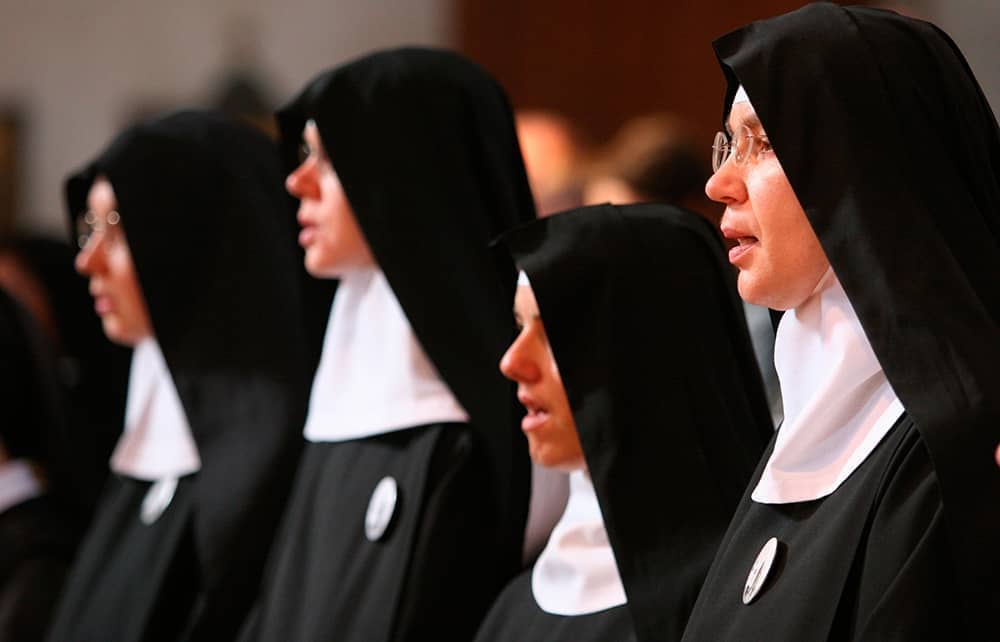We were four round the little table in the nunnery kitchen: a 90-year-old German lady and her man; a nun called Sister Mary of the Angels; and me. We had just come in from the early morning mass. The German lady’s man was a Spaniard of about 35. It was impossible to tell but interesting to speculate on the nature of their relationship. Was he an unusually devoted carer? A manservant? A lover? The German lady was cross-examining me. She was deeply sceptical about a Protestant presence in the nunnery, about my being alone, about my claim to have advanced cancer, and she wanted answers.
She had a powerful, commanding personality but she was also quite deaf, slow to comprehend and easily confused. On account of these defects the cross-examination drew in the other two. She questioned me in English, then the nun and her man in Spanish. The nun asked supplementary questions in French. My clarifications were in French and English. The young Spaniard was monoglot and occupied himself with spreading marmalade on the German lady’s packet toasts and serving her with coffee.
In spite of the wardrobe and sink, my cell was an undecorated, spartan affair, which was exactly what I’d hoped for
The first conversation I’d had with this elderly German lady was at the nunnery door before I’d even set foot inside for my three-day retreat. I’d rung the doorbell and was standing with my supermarket bag for life. The 17th-century nunnery is built into the side of a mountain on the scale of a regionally important fortress. I guessed that even if a nun had set off as soon as she heard the bell, it might be a good five or ten minutes before she arrived. It was during this waiting period that the old lady came hobbling up, her young man silently following, and asked my nationality.








Comments
Join the debate for just £1 a month
Be part of the conversation with other Spectator readers by getting your first three months for £3.
UNLOCK ACCESS Just £1 a monthAlready a subscriber? Log in